Spring Budget: Personal Changes
HUNT SLASHES NICS AND REFORMS “UNFAIR” TAX POLICIES
The 2024 Spring Budget included support that was aimed at helping poorer families with the introduction of changes such as a lower personal tax burden, expanded Universal Credit with more generous work allowances, and frozen energy duty rates to curb rising fuel costs.
Additionally, the Budget provided targeted support through improved access to affordable childcare and an emergency fund for families in immediate financial distress, easing pressure on household budgets.
Here are the key measures at a glance:
National Insurance cut by 2p in April – from 10% to 8%.
Non-dom status abolished.
High Income Child Benefit Charge (HICBC) threshold raised from
£50,000 to £60,000.
A new British ISA will allow individuals to invest an extra £5,000 in
UK assets per tax year.
The higher capital gains tax (CGT) rate on residential property will
reduce from 28% to 24%.
The repayment period for new budgeting advance loans will
double to 24 months for low-income individuals.
£90 charge for obtaining debt relief order abolished.
Household Support Fund kept at current level for 6 months.
5p cut to fuel duty will continue for 12 months.
NATIONAL INSURANCE CUT
Following a 2p cut in the Autumn Statement, the main rate of employee National Insurance will fall again by a further 2p from 10% to 8% in April. Factoring in both deductions, this means employee NICs will have dropped by one-third in less than six months. As a result, the average worker on £35,400 will receive a tax cut of over £900 compared to last year.
Sole traders and people in business partnerships will also see a lower tax burden in April. Following a 1 percentage point cut in the Autumn Statement, the main rate of Class 4 NICs for the self- employed will fall by a further 2 percentage points from 8% to 6% from April.
When combined with scrapping the requirement to pay Class 2 NICs announced in the 2023 Autumn Statement, this will save the average self- employed person earning £28,000 over £650 a year.
NON-DOM ABOLISHMENT
Following calls to overhaul the “outdated” tax rules for non-UK domiciled individuals, Hunt announced that the non-dom regime will soon be replaced by a simpler system.
The new regime will give new arrivals access to a more generous scheme for the first four years they live in the UK. After that, non-doms will be required to pay taxes at the same rate as everyone else. This is expected to raise £2.7bn a year by 2028/29.
CHILD BENEFITS
The Government also introduced changes to make the High Income Child Benefit Charge (HICBC) fairer for single-income families.
Introducing the changes the Chancellor said: “The way we treat child benefit in the tax system is confusing and unfair... And when it works, it’s good for children, it’s good for parents, and it’s good for the economy because it helps people into work.”
Under the current rules, a household with one parent earning £50,000 or more will see a reduction in their child benefit entitlement, while a household with two parents earning £49,000 each will receive the full child benefit.
To even the playing field, HICBC will be administered on a household rather than an individual basis by April 2026, with a consultation in due course. Until then, around half a million working families will benefit from an increase in the HICBC threshold from £50,000 to £60,000, with the threshold at which child benefit is fully repair increasing to £80,000, effective from April 2024. According to the Government, this will save the average family around £1,260 a year. The change means basic rate taxpayers will no longer have to file self-assessment returns each year purely to pay the HICBC.
BRITISH ISA INTRODUCTION
To channel more investment into UK equities, the UK ISA will allow individuals an additional £5,000 per year tax-free, on top of the existing ISA allowance (currently £20,000 per year) to invest in UK-focused assets.
Further encouraging a culture of saving by increasing the options open to individuals, the British Savings Bonds, delivered through National Savings and Investments, will offer a guaranteed interest rate fixed for three years. There is little information and no timetable available on this but expect more to come following government consultation.
The Government has also promised to bring forward legislation to clarify the position on fractional share contracts, which was promised in the Autumn Statement. According to the Red Book, this should be completed by the end of the summer and will further support savers investing in a diverse range of investment types.
CAPITAL GAINS TAX (CGT) CHANGES
The higher rate of capital gains tax (CGT) on residential property will be cut from 28% to 24% from April 2024. According to Hunt, this move is set to generate revenue for the Treasury by firing up the housing market and encouraging more residential property disposals.
ABOLISHMENT OF DEBT RELIEF ORDER
The most vulnerable families will receive targeted support through a £500m extension to the Household Support Fund for an extra six months to September 2024. Combined with the Government’s decision to scrap the £90 administration fee for Debt Relief, this will allow local authorities to better support low-income residents with the cost of essentials.
In an effort to help households struggling with problem debts, the maximum period for Universal Credit budgeting advances is also extending from 12 to 24 months. This measure will apply from December 2024.
FUEL DUTIES
The main fuel duty rates will now remain frozen until March 2025 and the temporary 5p cut to the duty has also been extended. The Government estimates these measures will save car drivers around £50 in 2024/25 and £250 since the 5p cut was introduced, resulting in a total £5bn tax cut across the nation.
Businesses that rely heavily on transportation, such as hauliers and delivery firms, will also welcome this continued relief amid high fuel costs.
Download a full copy of the report here.

